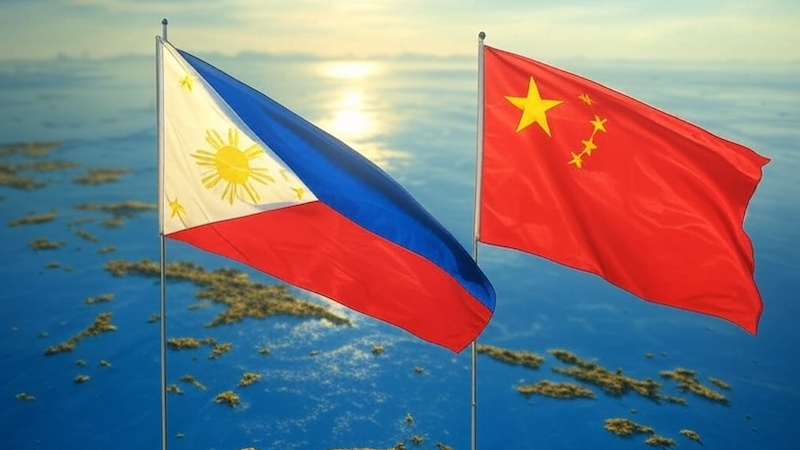Reflecting on a Common History for a Collaborative Future – An Analysis

Philippines-China Diplomatic Relations: A Historic Milestone
On June 9, 2025, the Philippines and China will celebrate the 50th anniversary of their diplomatic relations. This commemoration is particularly significant as it aligns with President Ferdinand "Bong Bong" Marcos Jr.’s leadership, considering that his father, Ferdinand Marcos Sr., was instrumental in establishing these ties.
Establishing Diplomatic Relations
The formal relationship between China and the Philippines began on June 9, 1975, when Philippine President Ferdinand Marcos Sr. and Chinese Premier Zhou Enlai signed the Joint Communiqué in Beijing. This groundbreaking document laid the groundwork for ongoing relations between the two countries and highlighted several key principles that continue to be relevant today.
Key Provisions of the Joint Communiqué
- Promoting Friendship: Both governments expressed a desire to foster traditional friendships between the Chinese and Filipino peoples.
- Respecting Sovereignty: Each nation acknowledged that the choice of economic, political, and social systems should be made independently by its people without external influence.
- Dispute Resolution: The communiqué emphasized resolving disputes through peaceful means, adhering to principles of mutual respect and non-aggression.
- Condemning Foreign Interference: Both governments agreed to oppose any forms of foreign aggression and subversion, as well as any attempts to establish hegemony.
- Cooperative Relationship: There was a mutual agreement to work towards the objectives outlined in the document.
The initial agreement underscored an essential aspect of their relations: mutual respect for territorial integrity. Over the years, these principles have been tested amid disputes related to territorial claims in the West Philippine Sea, part of the larger South China Sea.
Historical Context: Ancient Trade Relations
The history of interactions between the Philippines and China stretches back centuries, primarily based on trade. Notably, the ancient Nanhai Trade, often referred to as the maritime Silk Road, linked Chinese traders with various Southeast Asian communities, including those in the Philippines.
Historical Trade Relations
- Early Trading Practices: From the 9th to 16th centuries, early inhabitants of Luzon, Visayas, and Mindanao were actively engaged in trade with Chinese merchants.
- Pre-Colonial Peace: Before European colonization, pre-Hispanic Filipinos maintained amicable relations with Chinese traders, fostering a climate of commerce and cultural exchange rather than conflict.
- Documented Records: The Tang Dynasty (7th to 9th centuries) left historical accounts of trade with kingdoms such as Butuan and Manila, demonstrating a long-standing and beneficial relationship.
These ancient ties laid a foundation of camaraderie and cultural familiarity between the two nations, sustaining their relationship over the centuries.
Modern Challenges and Perceptions
Despite their rich shared history, contemporary sentiments in the Philippines are often shaped by a legacy of colonialism and political strife. Anti-China sentiments, influenced by historical factors, have developed and persisted.
Factors Influencing Modern Sentiments
- Colonial Legacy: The Philippines underwent colonization from various powers, each harboring strong anti-Chinese attitudes, which have permeated local perceptions.
- Cold War Era: The anti-communist campaigns during the Cold War further exacerbated negative views of China in the Philippines.
- Territorial Disputes: Ongoing territorial tensions in the South China Sea have reinforced these feelings in recent years.
Despite these challenges, the historical context and shared cultural experiences provide an opportunity for both nations to reconnect. There exists a complex dynamic of both detachment and affinity between Filipinos and Chinese, stemming from their intertwined histories.
Moving Forward
As the two nations approach this significant anniversary, it serves as an opportunity for reflection. Their shared past, characterized by trade and cultural exchanges, can be leveraged to foster a more harmonious future. The 50th anniversary of their diplomatic ties is not just a milestone but a chance to renew their commitment to peaceful coexistence and cooperation. By recognizing their historical connections, both countries can work toward a strengthened alliance in the years to come.





